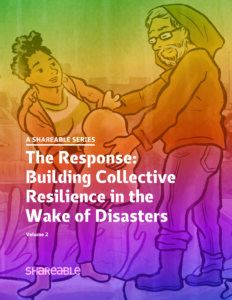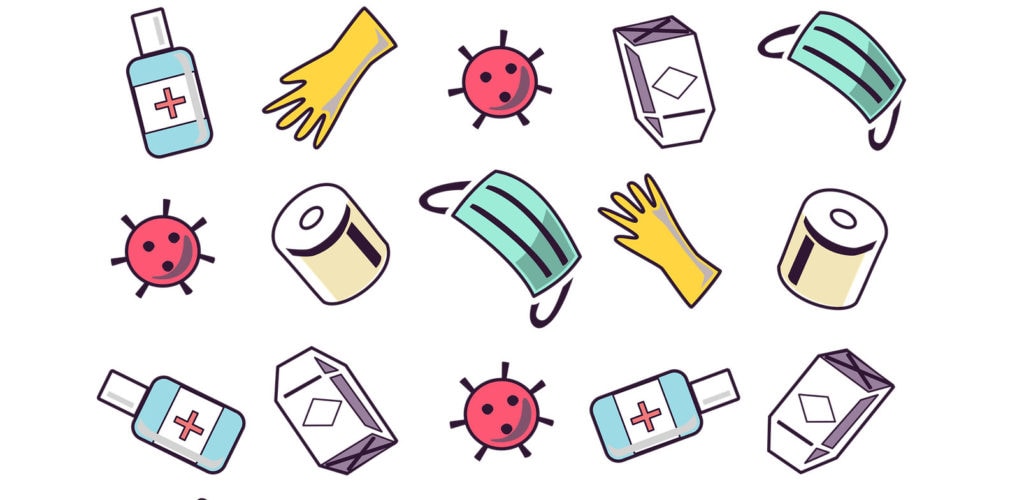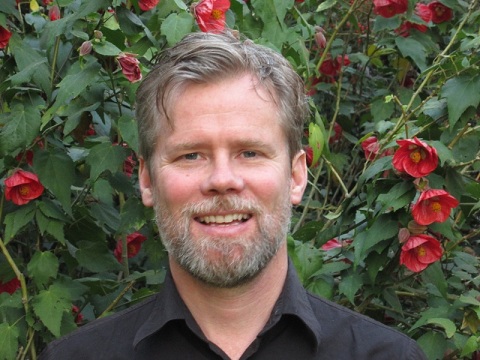Sharing probably isn’t the first idea that comes to mind during the COVID-19 pandemic as it implies physical contact. However, there are many ways to share that don’t require physical contact. Last week, I explored why we need to share now more than ever (TL;DR version — leaders failed, we’ve got to fill the gap). Thankfully, there’s a growing wave of resource sharing, mutual aid, and volunteering sweeping the world. Here are 10 ways you can join this wave:
1. Safety first.
Follow the shelter in place, physical distancing, handwashing, and other safety measures that reputable health authorities recommend. Encourage everyone around you to do the same. Following these with discipline may be the single most important act of solidarity you can undertake. This is a shared responsibility. You’ll protect yourself and many, many others. If in doubt, err on the side of caution.
2. Check in with your family, friends, neighbors, and the most vulnerable in your community.
Provide comfort, health guidelines, and whatever aid is needed to those closest to you. Stay in it with them. Depending on your situation, you might have your hands full with just this. If everybody does this, then everyone has access to at least a basic level of care and emotional support.
3. Support front line medical workers and the institutions they serve.
They’re the dam keeping back the floodwaters of infection. We can’t afford for this dam to break. Check in with your local hospitals to see what they need. People and organizations are already donating protective medical gear, medical equipment, meals, and more. You can even volunteer remotely or join an open source team designing medical gear. Start here to see where to jump in.
4. Join or start a mutual aid network.
Grassroots, volunteer-run mutual aid networks provide community-scale aid, often with a focus on mutual support for the most vulnerable. If you want to increase your impact locally, this is a great way to go. These have gone virtual during the pandemic using spreadsheets to match needs with resources. Here’s an inside look at one of the thousands of COVID-19 mutual aid networks started recently. Directories of them have popped up in the U.S., UK, and elsewhere. Search the web for one in your area. If there are none, start one. Sometimes all it takes are two friends and a spreadsheet.
5. Support those that need it the most.
This can include the elderly, those most vulnerable to the COVID-19 healthwise, those previously or newly on the economic margins, those facing eviction, those experiencing racism or discrimination, people who are undocumented, victims of domestic abuse, people experiencing houselessness, people with disabilities, those with mental health conditions, and more. The pandemic poses unique challenges for people in these groups. Support can be direct, mutual, or through the many local service organizations. Search your area for your preferred channel.
6. Be social, safely.
As Shareable has reported, loneliness was a huge health challenge before the pandemic. Social distancing could make it worse. We already have an economic recession on our hands due to the pandemic, we don’t need a “social recession” to compound the misery. A more constructive approach is physical distancing with social solidarity, not social distancing. This is a time to be warm, friendly, and kind to those you know and strangers alike virtually and when you’re six feet apart IRL. This is also a time to exercise your social creativity. People are holding virtual happy hours, dance parties, birthday parties, book clubs, religious services, and more. Use this moment to reweave the social fabric.
7. Share reputable information responsibly.
It’s important to keep your friends, family, and community informed. However, the web is awash in misleading and even panic-inducing information about the COVID-19 pandemic. Make sure what you share is from reputable sources. Cross-reference news reports with reports from other reputable sources. Equally important, make sure what and how you share doesn’t unintentionally induce panic. Balance sharing truthful, alarming news with relevant how-to, safety, and solutions information. To help you stay sane, consider a media diet that responsibly limits your news intake. It’s easy to get overwhelmed in the 24/7 COVID-19 pandemic news cycle. Panic kills, let’s stay calm.
8. Engage government.
Governments around the world are deciding how to respond to the immediate threat of the COVID-19 and the second-order impacts. These decisions could reshape life in a dramatically different and potentially worse way unless the public’s voice is heard. As always, the rich and powerful are at the bargaining table. Make sure you are too. Check-in with your local and national representation about their COVID-19 pandemic plans and make your voice heard. Only together can we beat COVID-19 capitalism and rebuild on a more just and sustainable basis.
9. Budget time to do the above.
Schedule time each day for checking in, supporting front line medical workers, mutual aid, or preventing a social recession — whatever mix of activities make sense to you. Make it part of your daily pandemic routine. Share your contributions with others. Invite them to join in. It’s natural to feel a tad powerless in this situation, this is a way to take back some control.
10. Take care of yourself.
Last but definitely not least, take care of yourself. You can’t do the above if you’re not healthy yourself. As airlines advise in emergencies, put your oxygen mask on first before helping others. Depending on your situation, this might even be an opportunity to spend more time exercising, eating right, and finding ways to stay calm like yoga, meditation, and long walks.
There are many more ways to help. The number and variety of grassroots efforts is truly stunning. And now that you’re in charge, I’m betting you have your own ideas for mutual aid. Please share the actions you’ve taken or witnessed with us by email info@shareable.net or on Facebook.
And just as important — spread the word that it’s time to help each other, share resources, and share leadership.
##
This article is part of our reporting on The People’s COVID-19 Response. Here are a few articles from the series:
- Coronavirus catalyzes growing wave of grassroots action despite social distancing
- The coronavirus pandemic calls us to share more than ever
- The People’s COVID-19 Response needs you
- The pandemic isn’t a portal, yet
- The Response: Resisting COVID-19 with mutual aid in Chico, CA
- 20 ways Shareable readers are helping during the pandemic
 |
Download our free ebook- The Response: Building Collective Resilience in the Wake of Disasters (2019) |









